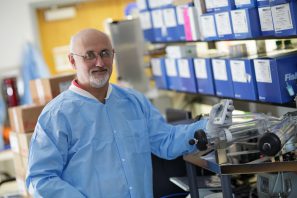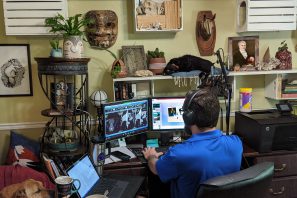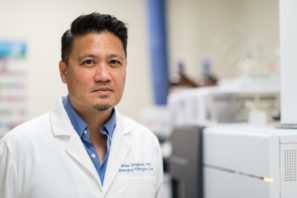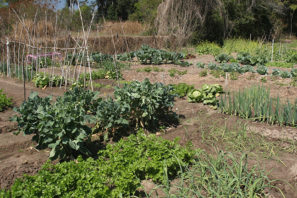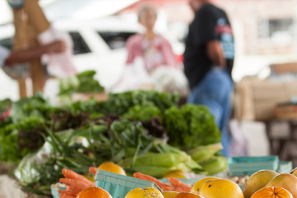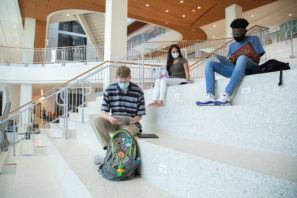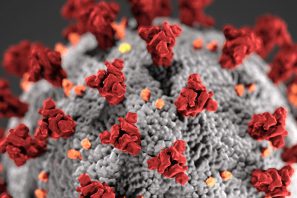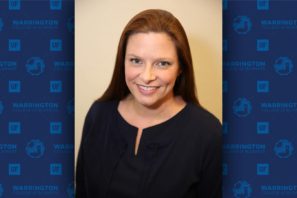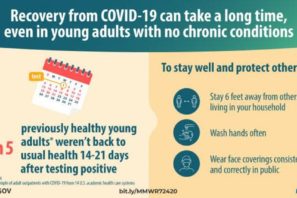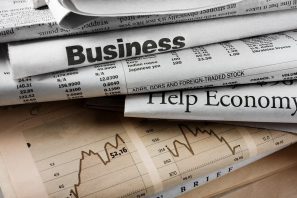John Lednicky, a virologist and research professor of environmental and global health at the UF’s College of Public Health and Health Professions and the UF Emerging Pathogens Institute, hosted a Reddit Ask Me Anything.
Alex Fox-Alvarez leads online small group rounds with UF veterinary students on the surgery clinical clerkship who now required to learn remotely.
The question kept coming up: Why are some countries in the grip of COVID-19 while others appear less affected?
Small-scale grower operations have their advantages despite being challenged by access to large markets and limits on resources. In urban and rural environments, challenges that emerged from COVID-19 brought small-scale farms to light.
As the novel coronavirus disrupts the usual methods to deliver food from farms to consumers, UF/IFAS Extension agents are helping connect growers with customers.
The University of Florida led the way in indoor mask compliance among six universities participating in a recent Centers for Disease Control and Prevention study of mask use on campuses during the COVID-19 pandemic.
Patients with a vitamin D deficiency were four times more likely to be COVID-19 positive than those with a sufficient amount of the crucial vitamin.
Two students from the University of Florida Warrington College of Business finished among the top teams at the Templeton Business Ethics Case Competition at Stetson University.
UF researcher leads study to understand why more men die from COVID-19 than women.
Radio Hofstra University interviewed Dr. Amanda Phalin, a lecturer in the UF Warrington College of Business Management Department, about how the COVID-19 pandemic has impacted international trade. Check out Dr. Phalin’s insights in this radio interview.
Infectious disease specialist and physician Kartikeya Cherabuddi, explains what medical doctors monitor and how they treat patients.
For many of us, the COVID-19 pandemic has brought plenty of novelty to our lives, like wearing masks and physical distancing. One aspect, though, gave financial economists déjà vu, and it’s looking a lot like 2008.
No More Content

